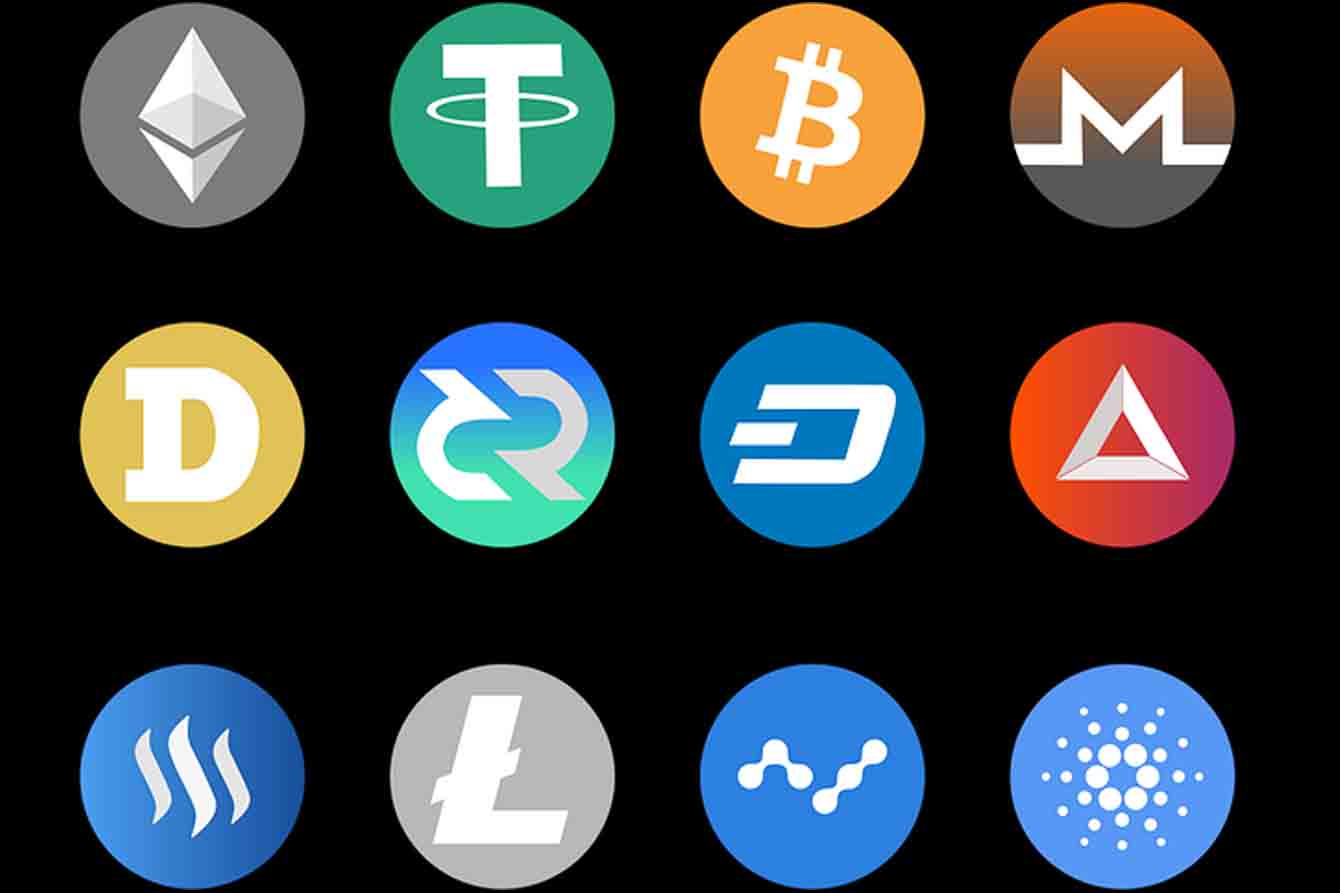
Many people think that Cryptocurrency Investing is the same as trading stocks or even futures. This is far from the truth! There are several different differences between the twosome of which are not immediately obvious.

Cryptocurrency, without a question, is causing a lot of buzzes. Let's start with a definition of cryptocurrency. A cryptocurrency (or "crypto") is a digital currency that may be used to purchase goods and services, but it is secured by an online ledger and powerful cryptography. The majority of interest in these unregulated currencies is for-profit trading, with speculators driving values high at times.

Blockchain technology is the most fundamental component of cryptocurrency. This is a chain of data registration and distribution that is not under the jurisdiction of any single entity. Instead, it functions as a decentralized ledger of digital transactions that is not influenced by central banks.

According to cryptocurrency research websites, there are 1583 cryptocurrencies listed that are operational worldwide. This is more than all of the world's fiat currencies put together. Many people are curious as to why there are so many of them since there was only Bitcoin nine years ago.

If you've been following banking, investing, or cryptocurrencies for the past ten years, you've probably heard the phrase "blockchain," which refers to the cryptocurrency's record-keeping system.

A cryptocurrency is a security that is a tradeable asset that can be bought, sold, etc., in a decentralized market. Unlike regular currency, this is not available in a physical form and does not fall under the ambit of regulations.

Others
Cryptocurrency
Trending
Decentralized market is the outcome of technology adoption, improved network security, and digitization. One must first know what a centralized market is, to understand a decentralized market. Before technology was so prevalent, buyers and sellers used to trade goods at a designated location.

Many market observers believe that cryptocurrencies are behaving in a way that could be associated with a bubble. This is particularly true for bitcoin, which is not regulated by a central bank.